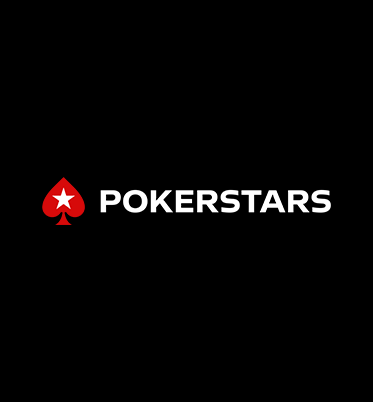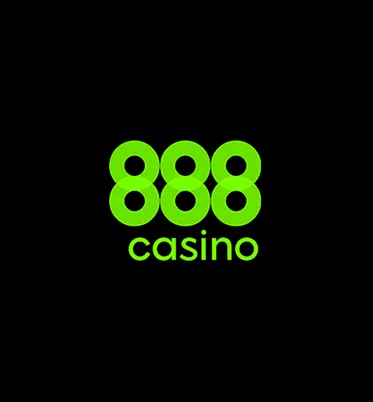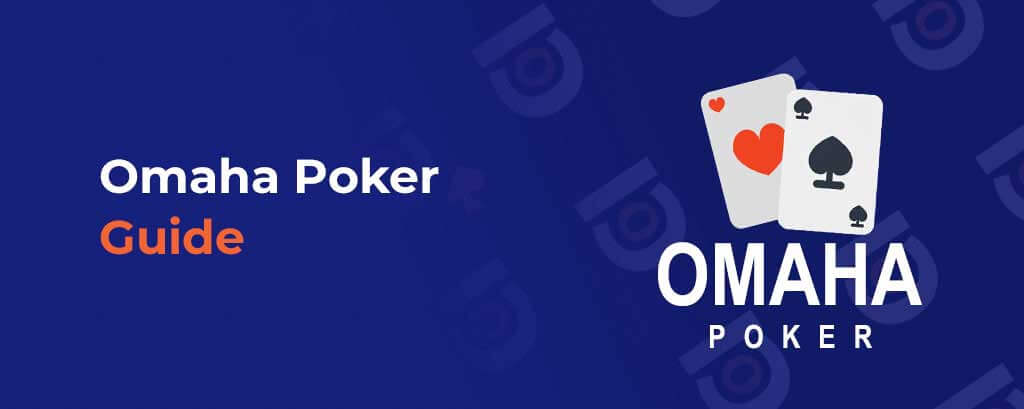How to Play Omaha Poker
If you're comfortable with Hold'em, understanding the slight, yet critical differences between the two is key.
Hold’em Vs Omaha
1) Omaha deals you four hole cards compared to just two in Hold’em.
2) Form your winning hand using precisely two hole cards and three from the community.
Suitable for two to ten players, your primary goal in Omaha Poker is to accumulate chips by capturing the pot.
How You Can Win a Hand
1) Everyone else folds and you emerge as the lone survivor to claim victory.
You can do so in two different ways:
2) Outplaying others with your superior hand at the Showdown guarantees you the pot, split or total.
Got a table full? Perfect. Time to kick things off. But hang on, you'll need a designated dealer first.
Choose the Dealer
Selecting the dealer goes like this:
Each participant draws a card, and the highest value makes you the dealer, marked with the dealer button.
Ties? Break it by suit—(from least to most valuable: Clubs, Diamonds, Hearts, Spades), or draw anew.
After establishing who deals, the player will shuffle and distribute the first round of cards.
Pre-bets commence with the two players left of the dealer setting the blinds, vital for game dynamics.
Deal the Cards and Put Out the Blinds
Just as in Texas Hold'em, the first player places a small blind, followed by a big blind from the next.
Generally, the big blind is twofold the small blind. E.g., small equals $1, making big $2.
With these blinds in place, betting launches starting from the left, circling clockwise around the table.
Card distribution: one by one, face-down, until every player holds their four hole cards.
The preflop betting takes off as everyone cradles four hole cards; players now have choices:
The First Round of Betting Starts
1) Opt to Fold: If uninterested, bow out, and wait for the subsequent hand.
2) Call: Match the Big Blind, the least obliged wager.
3) Raise: Consider elevating the stakes by doubling the big blind or going all-in, if permitted.
Betting spirals through the table clockwise, offering choices to each player: fold, call, or up the ante.
The stakes align with previous bets; consider matching or raising relative to the last action.
Every punter has an obligation to equate a prior raise or call until once more it makes its way to the blinds, who repeat the options.
Once final bets are cast, the round wraps up, ushering in The Flop.
Enter The Flop and rejuvenate the stakes anew.
Omaha boasts as a community card game where five are unveiled for strategic maneuvers before the final showdown.
Initially, only three cards turn up during the flop phase, producing ample suspense.
Actions shift to the leftmost active player as the dealer burns the top card and uncovers three.
Similar preflop bets ensue; you may bet or check to pause.
Next, it’s time to deal the flop.
When someone abstains from a bet, a check keeps their hand in for the next player.
Stakes here often mirror the Big Blind.
Players shift in the same clockwise direction, with the usual options: check (if viable), call, up the ante, or fold.
Add to this the Turn with refreshed stakes.
Post-flop, an obligatory fourth community card, The Turn, ups the playing field.
Shuffle, burn, deal a fourth card, revitalize stakes—only now higher limits apply.
Commonly, doubles of the big blinds fill these rounds, found in $2-$5 Omaha limits.
The River surfaces, and betting reaches its peak leading to a nail-biting showdown.
The River completes the set of five community cards before revealing the remaining hand.
The process repeats with betting akin to Turn stakes.
When this final cycle concludes; it's the ultimate Showdown.
The player boasting the highest-ranked combination secures the pot.
Establishing a winner varies slightly in Omaha compared to Texas Hold'em concerning card choices.
You'll piece together your superior hand utilizing two personal and three community cards.
There's room for flexibility, electing any two personal cards complemented by three from the community's five.
In a scenario, Player One forms the highest hand with a straight – 9, 10, J, Q, and K.
Conversely, Player Two falls short, able only to build a pair of fives.
Discover how to play Omaha Poker for real money in Canada with our comprehensive 2024 guide, complete with an in-depth look at the rules.
Find the Winning Hand
Dive into our Omaha Poker guide, featuring essential rules and strategies to enhance your understanding and maximize your winning potential.
As Omaha Poker gains traction in the poker world, it's clear why—it offers intense action and requires a blend of skill and strategy.
For those familiar with another poker game, picking up Omaha Poker can be straightforward, given the similarities between the two.
So, for example:
The community cards are:
The first player has hole cards:
The second player has hole cards:
Omaha Poker draws both newcomers and seasoned players, so get ready to face off against some of the finest in the game.
Here, we cover the fundamental rules and playing techniques of Omaha Poker to boost your chances of triumph.
Affiliate Disclosure: galactic-wins-ca.com is committed to aligning players with ideal casino and sportsbook deals. Some site links are affiliates, meaning we earn a commission on deposits made through our links, at no extra cost to you.
19+. Exclusively for new players with a $10 minimum deposit and a requirement to wager 20 times the deposit plus bonus. Valid in Canada, excluding Ontario. Terms and conditions apply.
Take advantage of our generous bonuses and promotions.





